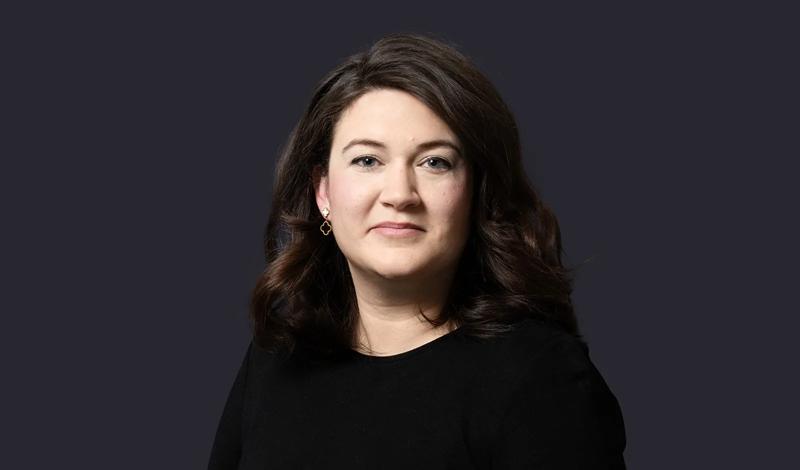New research from Browne Jacobson demonstrate shifts in London insurance market practitioners’ perceptions of firm’s actions on governance, conduct and culture during Covid-19, in their new report.
15 July 2021, London – National law firm, Browne Jacobson, has today released new research demonstrating insurance practitioners’ perceptions of the reality of the London insurance market’s governance, conduct and culture. Surveying current and former London Market practitioners’ views on governance efforts, the report highlights perceptions of conduct and culture before and during the main lockdown phase of the pandemic.
Pre-pandemic, the UK insurance market had come under close scrutiny by regulators. In January 2020, the FCA warned of the ‘prevalence’ of non-financial misconduct and the need for firms to change their culture. The FCA highlighted that non-financial misconduct has the potential to be an indicator or driver of conduct risk: behaviour within firms influences behaviour towards customers and other third parties. The new report, ‘Reflections Caught: Culture, Conduct and Covid 2020-2021’ produced by Browne Jacobson, is based on surveys in 2020 and again in 2021, each time of 50 individuals, to assess practitioners’ overall perceptions of the market’s performance with regard to governance, conduct and culture.
Most notably, nearly all practitioners (96%) reported that firms have increased their efforts in the last 12 months to prevent or deter non-financial misconduct. Yet, at the same time, due to remote working, the practitioners also perceived that the risk of committing non-financial misconduct had increased. Indeed, 94% of practitioners said that the likelihood that individual practitioners at their firm may commit non-financial misconduct had increased and 60% considered this increased risk to be a result of Covid-19 and remote working. Similar findings were reported regarding their perceptions of the risk at other firms (84% and 69%). The increased efforts made by firms in the last 12 months to deter non-financial misconduct were often attributed to training or education efforts by regulators or professional bodies, such as the Chartered Insurance Institute (cited by 48%), and the fact that Covid-19 has increased remote working (44%), reflecting that firms were alert to the risk and sought to respond. However ultimately, practitioners perceived that the steps taken by firms to maintain good standards of governance and conduct, risk being insufficiently effective for remote working compared to working in the office.
Other key findings included:
- Practitioners were clear that firms want to prevent conduct risk and non-financial misconduct, but first need senior managers to address them effectively. 90% of respondents agreed with this sentiment in full when answering about their firm, and 62% thought the same with regard to other firms.
- While efforts to prevent non-financial misconduct were widely recognised (cited by 90%), perceptions of efforts made to prevent or mitigate conduct risk were more mixed. 42% of respondents said firms’ efforts had stayed the same, and this was largely due to senior managers’ now having greater personal accountability (90% agreed). However, 32% said efforts had decreased, which was attributed to Covid-19 increasing remote working (75%).
- 76% of practitioners fully agreed that their firm seeks to prevent both non-financial misconduct and conduct risk because they believe it will improve financial performance and, regardless of that, they could incur legal / regulatory liabilities. Where respondents disagreed with this statement, they took the view that firms’ efforts to prevent conduct risk and non-financial misconduct were solely for financial reasons. This suggests that some practitioners do not see firms giving priority to ethical values for their own sake, which could hinder those firms’ ability and willingness to align with broader regulatory ESG initiatives.
In response to the findings, Browne Jacobson are urging insurance firms to take a comprehensive approach to assessing the concerns revealed in the report, in the context of the regulatory pressures. Firms should enhance their systems and controls in order to ensure they embody the firm’s governance, conduct and culture. Negative perceptions of the culture within firms and the market could manifest in challenges with regard to recruitment or retention of personnel, reduced commitment to initiatives for change, and decisions against investment. Therefore, Browne Jacobson is providing the market with a unique five-step audit tool: RECCE (reflect, evaluate, cohere, communicate, evolve), and urges insurance professionals to identify and address the culture and conduct challenges that may occur or that could be used against a firm in disputes or other proceedings.
Jeremy Irving, Head of Financial Services and Partner at Browne Jacobson comments: “Amid the uncertainty and challenges of the past year, it is positive to see wide recognition of the commendable increase in efforts by the insurance market to maintain healthy cultures and effective conduct risk management. However, our findings highlight that Senior Managers need to be ever more vigilant, especially in relation to remote working as it continues post-pandemic. We are proud to introduce our unique RECCE offering to help the industry bolster its resilience and success in addressing profound, widespread and long-running issues, especially where exacerbated by Covid-19.”
Contact

Kara Shadbolt
Senior PR & Communication Manager
kara.shadbolt@brownejacobson.com
+44 (0)330 045 1111








































